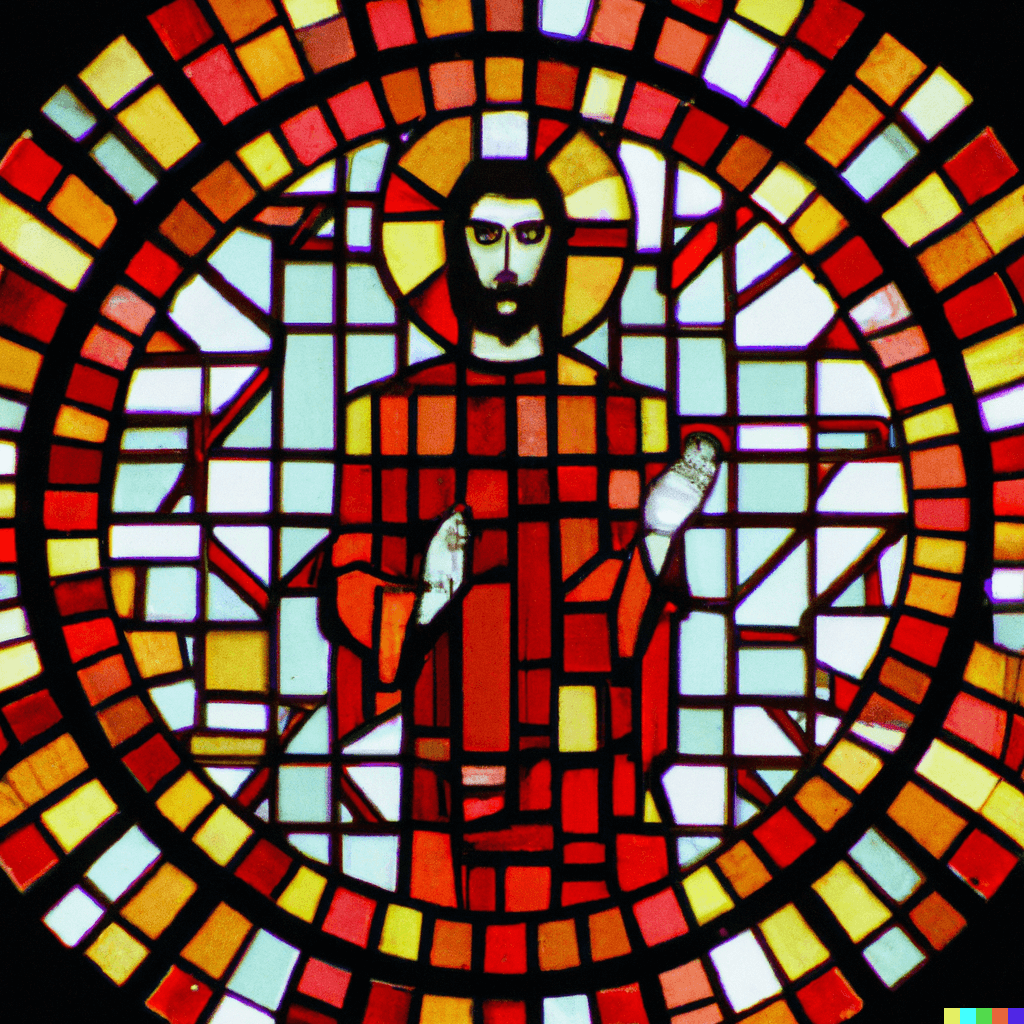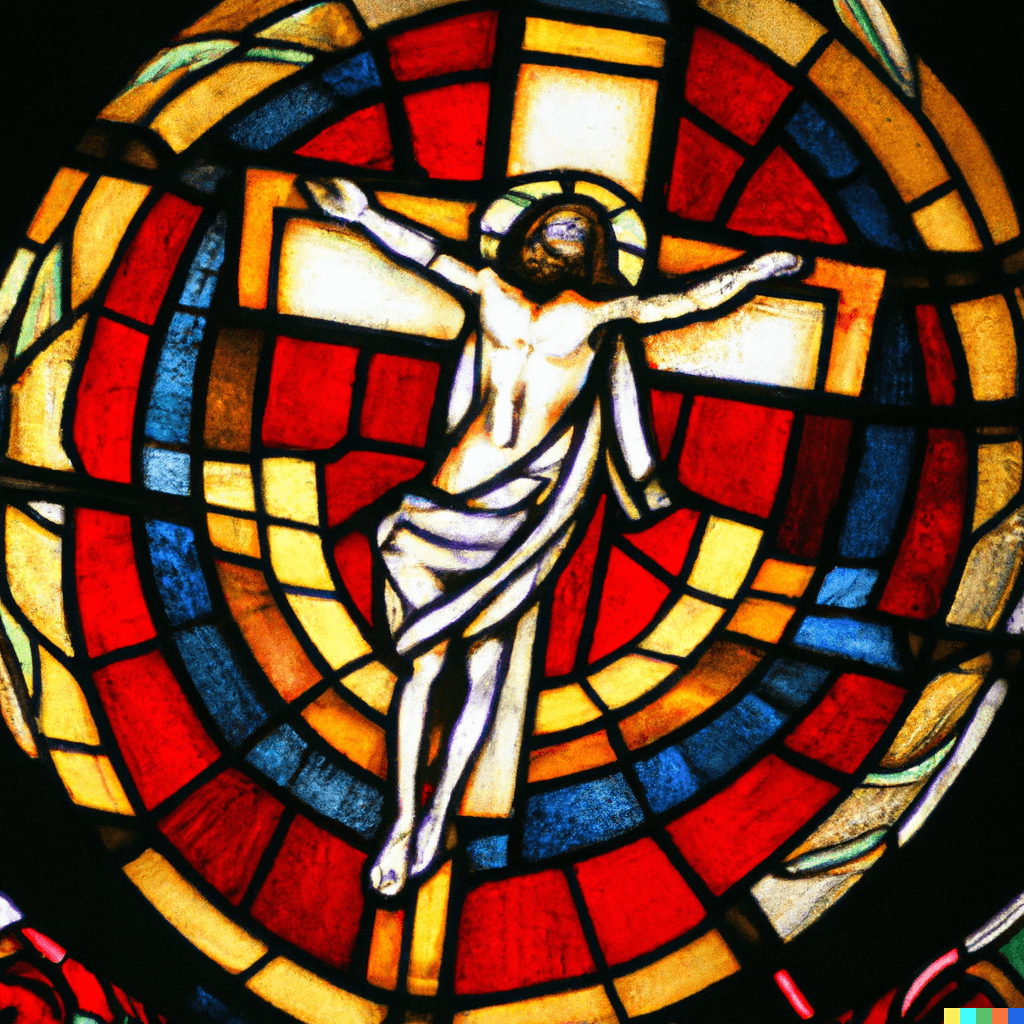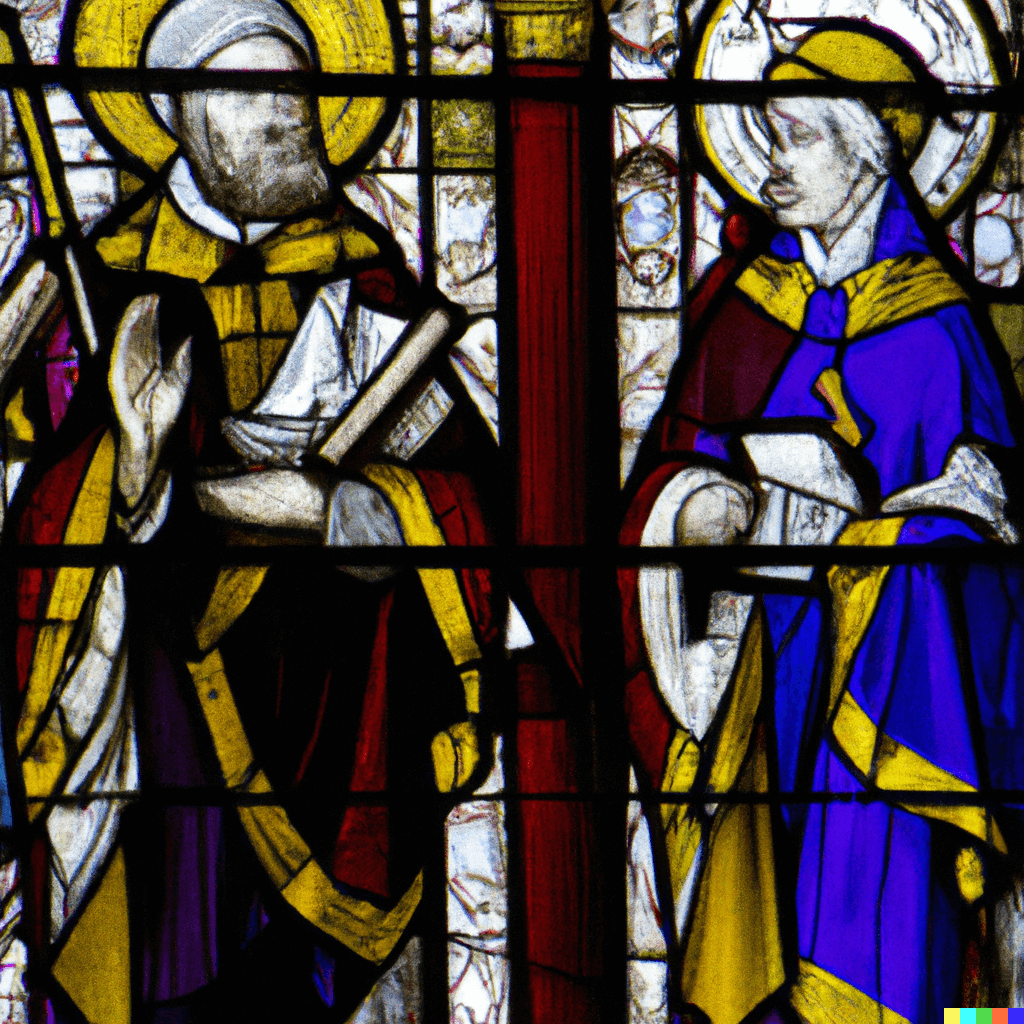The Nicene Creed, also simply known as the “Niceno-Constantinopolitan Creed” due to its origin and development in the Councils of Nicaea (325 AD) and Constantinople (381 AD), is a statement of faith widely used in Christian liturgy. It was formulated to address and counter various heresies that had arisen, especially Arianism, which questioned the divinity of Jesus Christ.
Here is the text of the Nicene Creed as commonly accepted in its full form by most Christian denominations:
We believe in one God, the Father almighty,
maker of heaven and earth,
of all things visible and invisible.
And in one Lord Jesus Christ, the only Son of God,
begotten from the Father before all ages,
God from God, Light from Light,
true God from true God,
begotten, not made;
of the same essence as the Father.
Through him all things were made.
For us and for our salvation
he came down from heaven;
he became incarnate by the Holy Spirit and the virgin Mary,
and was made human.
He was crucified for us under Pontius Pilate;
he suffered and was buried.
The third day he rose again, according to the Scriptures.
He ascended to heaven
and is seated at the right hand of the Father.
He will come again with glory
to judge the living and the dead.
His kingdom will never end.
And we believe in the Holy Spirit, the Lord, the giver of life.
He proceeds from the Father [and the Son],
and with the Father and the Son is worshiped and glorified.
He spoke through the prophets.
We believe in one holy catholic and apostolic Church.
We affirm one baptism for the forgiveness of sins.
We look forward to the resurrection of the dead,
and to life in the world to come. Amen.
Some of the specific phrases and expressions in the Creed can vary based on translation and denominational usage. Notably, the phrase “and the Son” (Latin: Filioque) is included in the version used by many Western churches, but is absent from the version used by Eastern Orthodox churches, leading to one of the theological disagreements known as the “Filioque controversy.”
The Nicene Creed remains central to many Christian denominations as a proclamation of the core tenets of their faith.

 Saints2 years ago
Saints2 years ago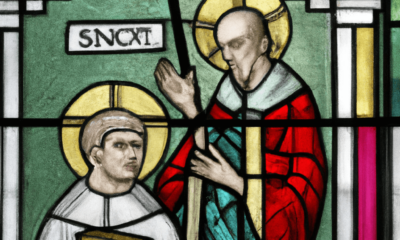
 Trending2 years ago
Trending2 years ago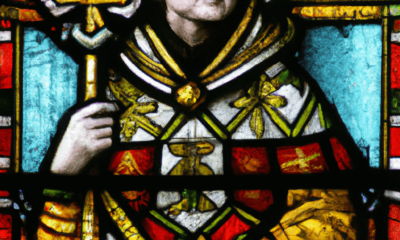
 Saints2 years ago
Saints2 years ago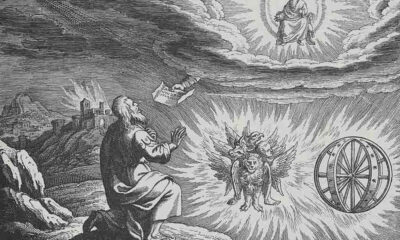
 Trending2 years ago
Trending2 years ago
 Live Church2 years ago
Live Church2 years ago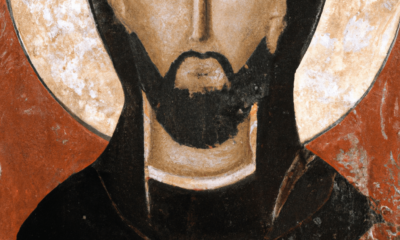
 Saints2 years ago
Saints2 years ago
 Prayers2 years ago
Prayers2 years ago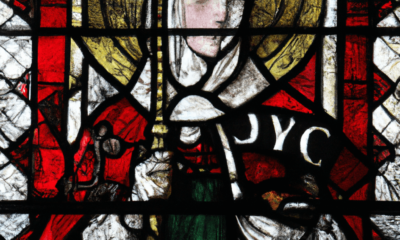
 Saints2 years ago
Saints2 years ago
